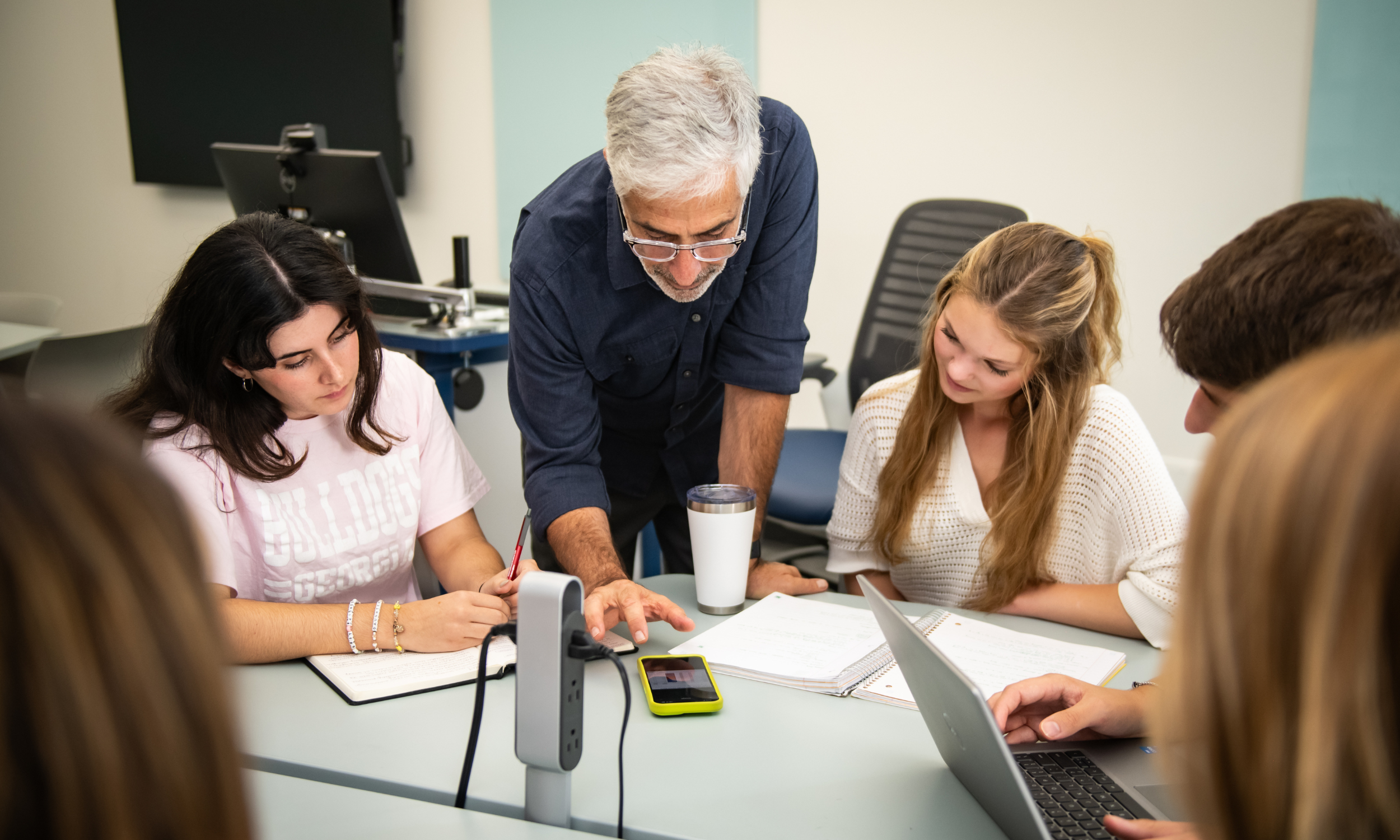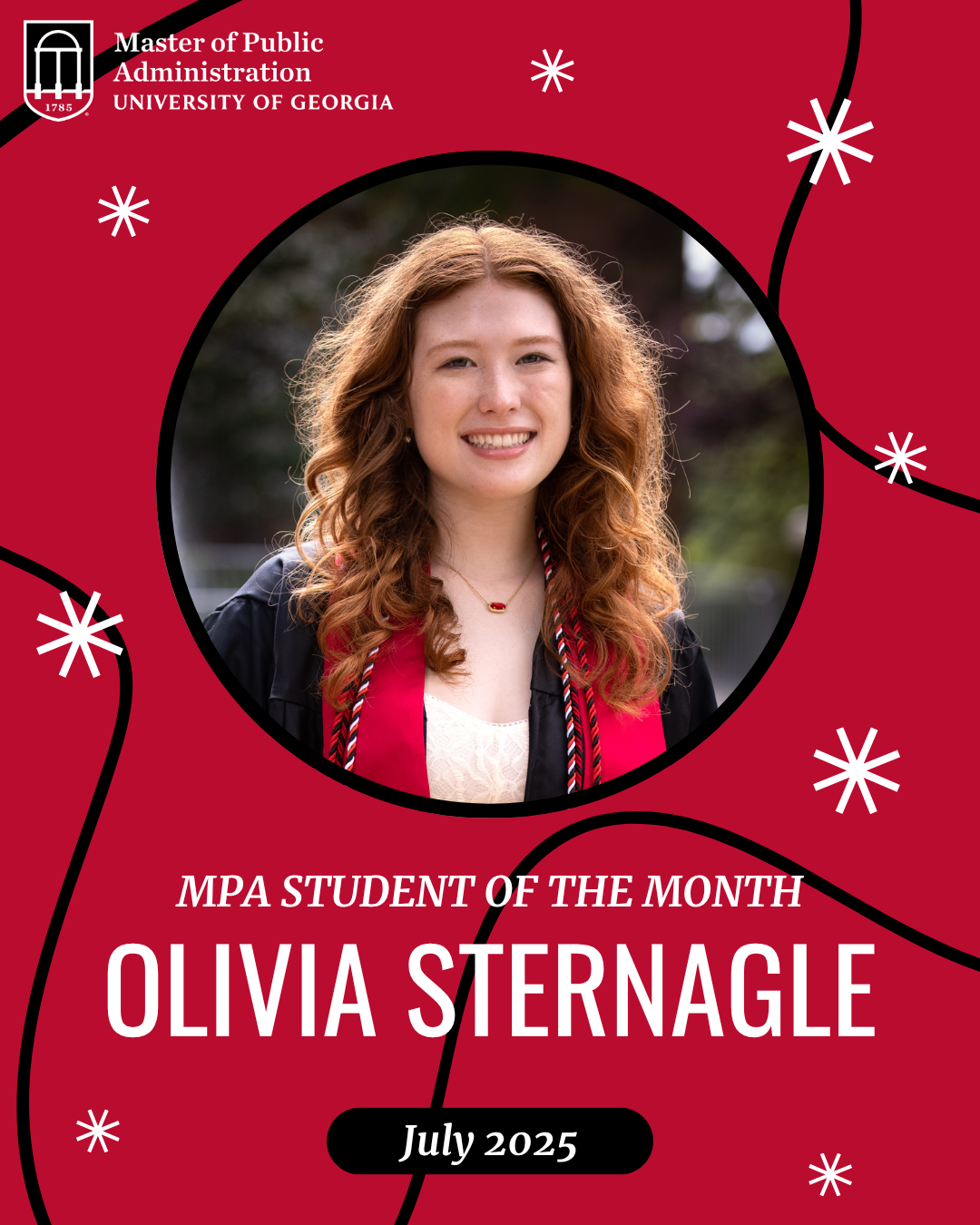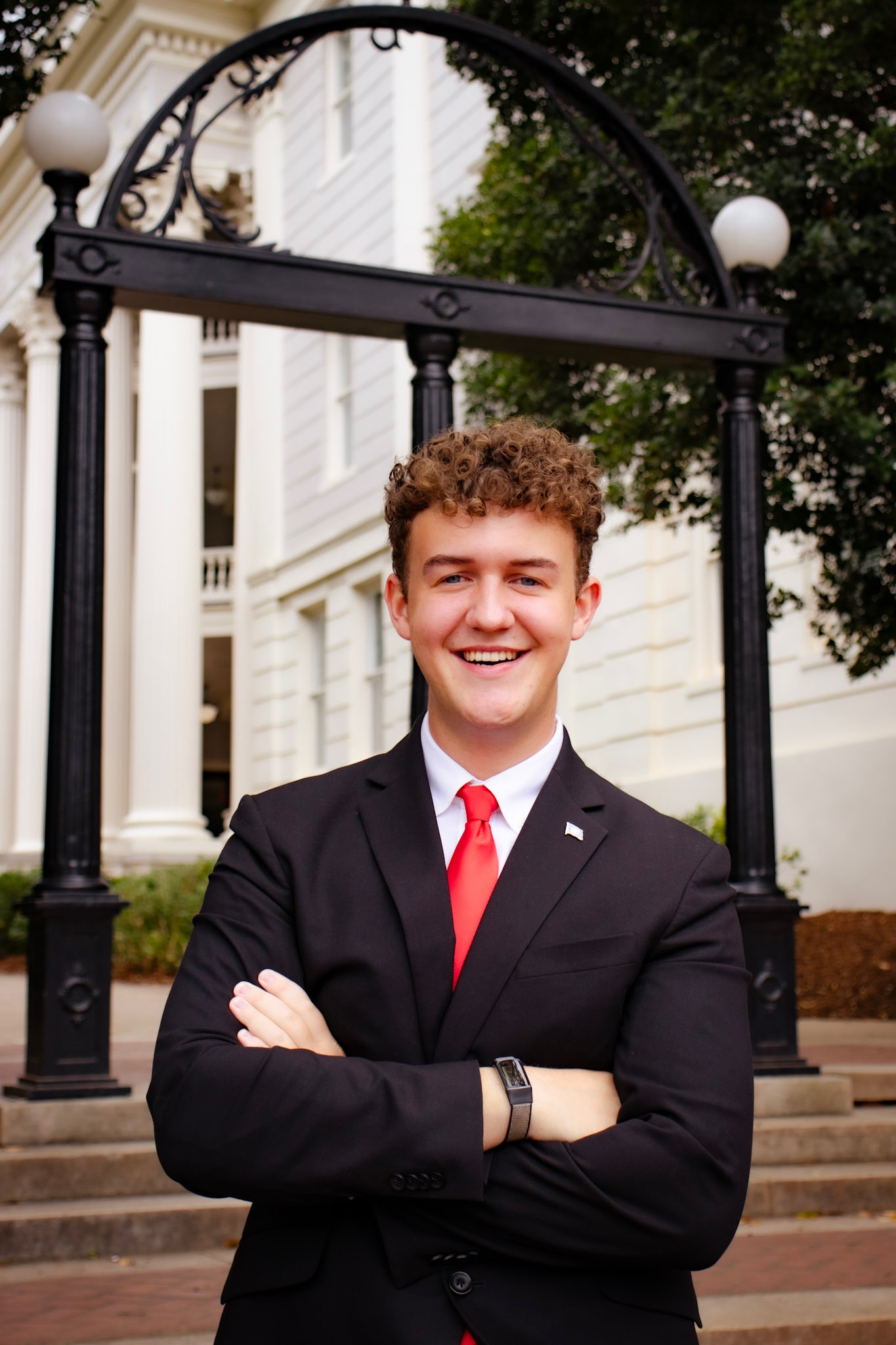
Dr. Gregory Thaler conducted fieldwork in Brazil this summer, supported in part by an Ambassador Travel Award from the UGA Latin America and Caribbean Studies Institute. He gave a presentation in June at the Amazonian Institute of Family Agriculture of the Federal University of Pará in Belém, Brazil, sharing his research on municipal environmental governance in the Brazilian Amazon.
Thaler’s research about municipal environmental governance started in 2013, when he spent a year in Brazil researching forest governance and agricultural development in the Amazon region. His research examined how and why two states in Brazil decreased their annual deforestation rates by over 80 percent in the period between 2004 and 2012.
He found that understanding the role municipalities play in forest regulation is crucial to understanding the decline in deforestation in Pará and Mato Grosso States. “Municipalities are a key piece of the puzzle, since many environmental policies have been implemented at the municipal level,” Thaler explains. “Conducting in-depth municipal case studies allowed me to interact more closely with the people who live and work on the Amazonian frontier.”
Thaler’s fieldwork this summer has both followed up on his earlier research and pursued new topics of interest. He has spent time revisiting his previous field sites and has also visited Brasília to start preparing for a new project. “I have also begun to look more closely at the international and transnational dynamics of the Amazon region beyond the Brazilian Amazon,” Thaler recounts. His new project will focus on regional environmental governance in tropical forest landscapes, beginning with an examination of international cooperation among the eight Amazon Basin countries.
Thaler emphasizes the importance of thinking about society and the environment as a socio-ecological system, and of considering our roles within this system and the decisions we make. “There is no such thing as an exclusively ‘environmental’ issue. Environment and society are co-produced, so we need to realize that all environmental issues are also social issues, and we need to then think about them from an integrated socio-ecological perspective,” he affirms.
Dr. Thaler will be giving an Agrarian Studies colloquium at Yale University this December. In addition to his project on regional environmental governance, he maintains a research program on environmental non-governmental organizations (NGOs), and he is working to build connections between his research and environmental and agrarian activism in the Athens community.








